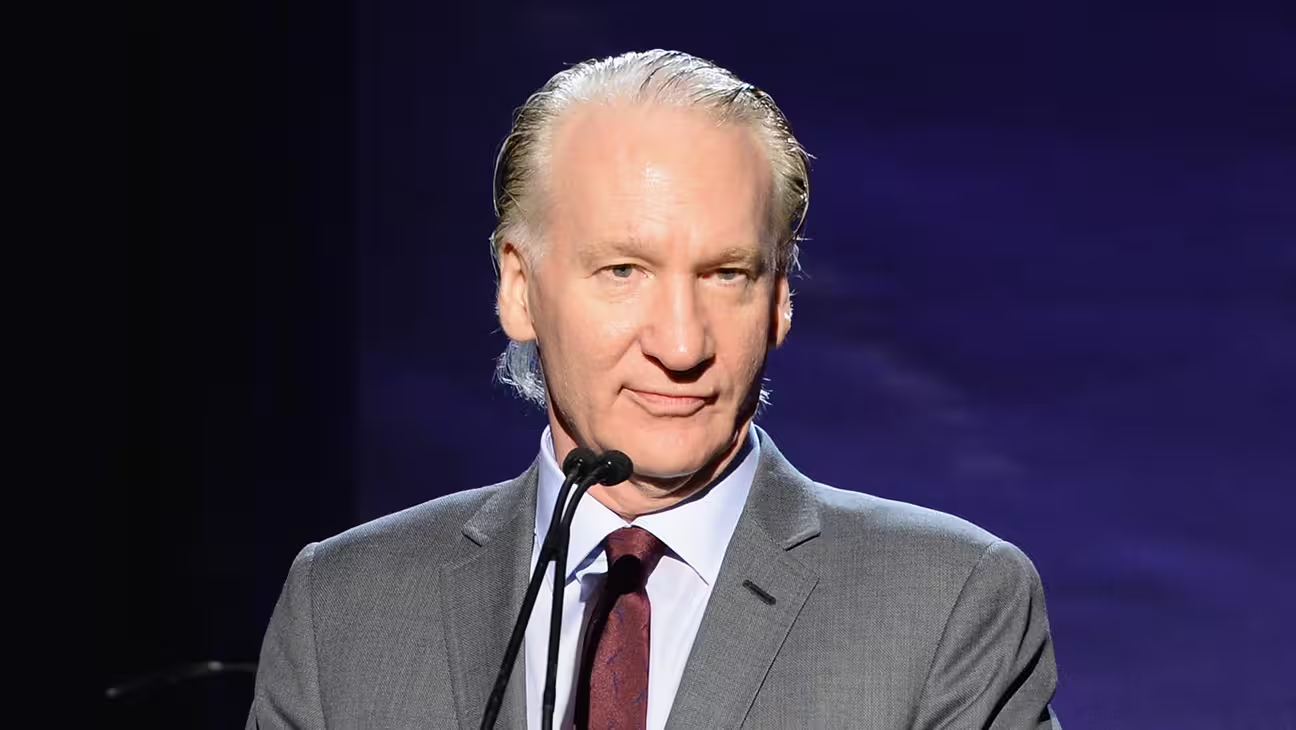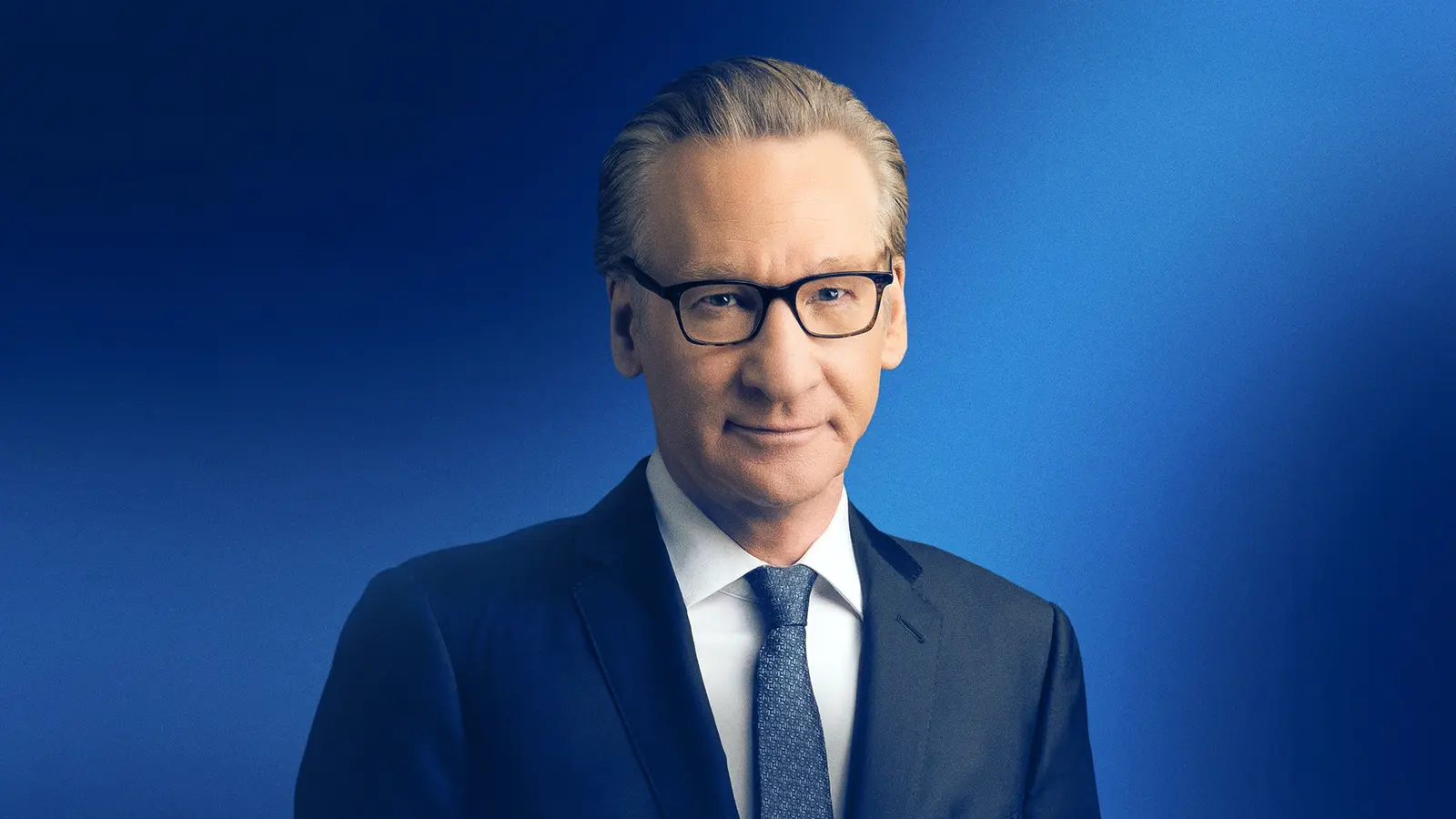4 Minutes
When late-night comedy turns courtroom drama
A recent dust-up in the late-night universe—sparked by the suspension of a popular host—has reignited a conversation that cinephiles and TV fans have been having for years: what happens when political spectacle starts to look less like satire and more like a legal thriller? The exchange that followed the suspension, and the blunt responses from commentators, read almost like a script pulled from a political drama. It’s a reminder that modern late-night comedy often blurs the line between stand-up, opinion journalism, and theatrical performance.
Writers and directors have long mined politics for dramatic tension. From All the President’s Men to more recent streaming series, viewers are used to seeing corruption and courtroom showdowns rendered with cinematic gravitas. Late-night hosts, however, add a different texture: immediacy, humor, and a performer's instinct to land a punchline. When those elements collide with real legal action, the result can feel staged—intentionally or not.
Satire, spectacle, and the rise of performative politics
What makes this era unique is the performative overlay. Comments about legal teams, prosecutorial ambitions, and the odd theatrical detail—anything that hints at a spectacle—feed into a larger cultural story: politics as theater. That’s fertile ground for satirical film and TV. Think of Aaron Sorkin’s The Newsroom meets Boston Legal’s courtroom razzmatazz; the mix of righteous indignation, witty repartee, and the occasional melodramatic flourish is irresistible to both creators and audiences.
Comparisons with shows like Veep—sharp, cynical, and acerbic—and courtroom dramedies such as Boston Legal help us see the pattern. Late-night hosts now perform in a media ecosystem where every joke can be recontextualized as commentary, and every offhand quip can ignite a political debate. For filmmakers and showrunners, that means new opportunities to explore the aesthetics of power and performance in narrative TV and satirical film.

Trivia for fans: many writers who now pen political thrillers started in late-night rooms, where punchlines and pacing are essential. That cross-pollination helps explain why contemporary political dramas often feel both tightly scripted and improvisational—an intentional hybrid designed to mimic the unpredictability of real-world news cycles.
"We’re seeing an evolution where late-night satire borrows the language and staging of legal drama," says cinema historian Marko Jensen. "Filmmakers and showrunners are taking cues from the way TV commentators frame events, turning media spectacle into narrative mechanics. It’s exciting—and a little unnerving—for anyone who cares about how stories shape public perception."
Beyond the jokes and the headlines, there’s a deeper question about responsibility. Comedy has always been a tool for dissent, but when legal strategies become plot points, creators must decide whether they’re documenting reality, critiquing it, or amplifying it for entertainment value.
For movie and series lovers, these moments are a reminder that the best political storytelling entertains while it interrogates. Whether you’re drawn to satirical film, hard-hitting political drama, or late-night commentary, the current landscape offers rich material—and a growing set of ethical and artistic questions for creators to explore.
In short: we’re witnessing a creative crossroad where late-night comedy, political theater, and cinematic drama meet. That collision will keep inspiring filmmakers and showrunners—and it will keep viewers talking.
Source: tvinsider


Leave a Comment